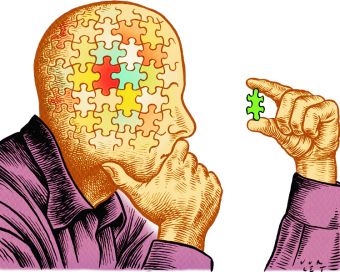En francés, nos estamos preparando para dar el examen Delf A1. Para prácticar grabamos un video con audio en el cual teniamos que incluir datos personales.
domingo, 29 de mayo de 2016
lunes, 9 de mayo de 2016
Critical thinking
In the new subject Thinking Skills we study critical thinking, which can be used to analyze arguments. In arguments, claims are always needed to support your statement, this statement can be true or false, but you must support your idea. Inside credibility criteria there are different ways to analyze the source of evidence given (neutrality, vested interest, bias, expertise, reputation, eyewitness, corroboration and selectivity) depending of what i am going to explain now. When a source is neutral, that means, that it does not prefer one side or the other, is known as "neutrality". The "Vested interest" is when people may take a particular side and decide if they may change the information or not. As regard"Bias" which is to have importance on a particular side. It is named "Expertise" when you can realize that it has a very confident evidence, given by an expert. "Reputation", as the name says, it depends of the status that the person has, you can trust more o less. "Eyewitness" which is someone who is watching or participating for the event, someone who can prove it because he/she was there. Concerning "Corroboration" that has the idea to connect the different parts of the "puzzle" so as to conclude the evidence. "Selectivity" is the evidence chosen so as to support the argument.


Suscribirse a:
Comentarios (Atom)